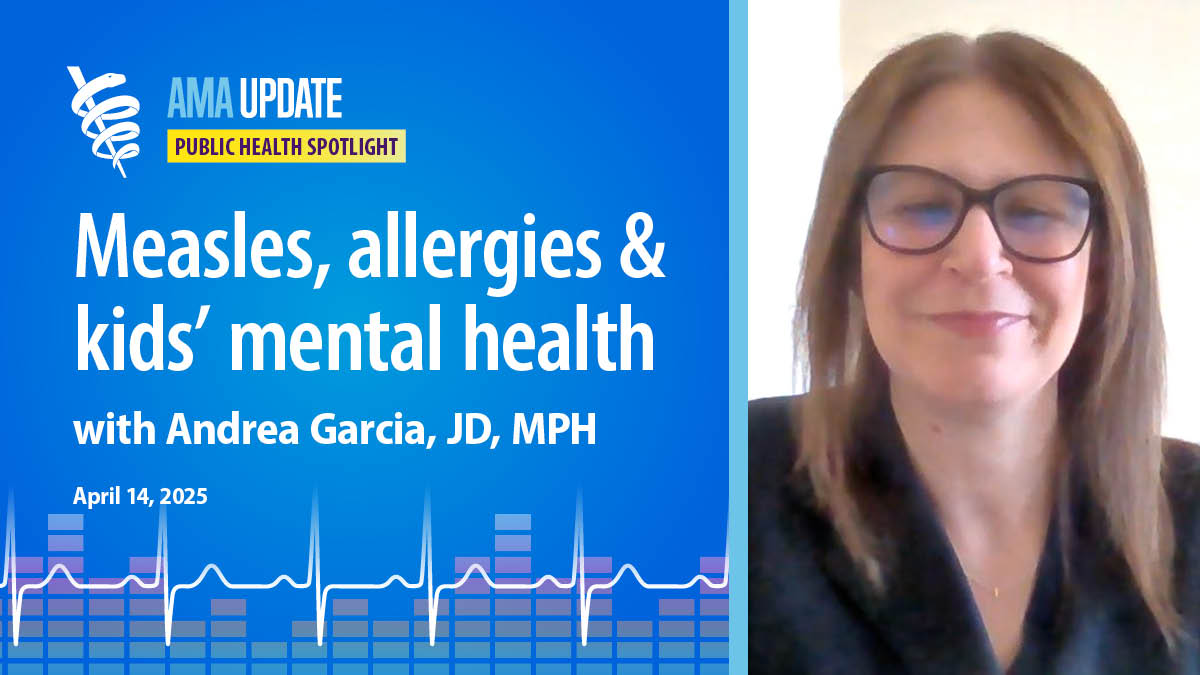Social Media Platforms Keep Kids Online Despite Mental Health Harms

Kids need protection from social media’s harms to child and adolescent mental health.
The negative mental health effects of social media on kids and teens is well documented. Now, school districts and state governments are fighting back in the courts, alleging that social media companies have used the addictive properties of their platforms to keep kids online as long as possible, despite the negative mental health effects.
Social Media Can Harm Kids’ Mental Health
There is a large body of research linking social media use to negative mental health effects on kids and adolescents. For example, a 2019 JAMA study found that kids who used social media for more than three hours a day had two and a half times the risk of anxiety, depression and loneliness. In kids who were already struggling with their mental health, spending more than 30 minutes a day led to almost twice the risk of these symptoms.
The idea that kids are only spending 30 minutes online seems ludicrous in light of recent reports. On average, teens spend nine hours online. With school, homework and activities, that leaves them little time for sleep.
The negative effects of social media are compounded in kids with attention deficit/hyperactivity disorder. Multiple studies have reported that adolescents with ADHD are more likely to become addicted to Facebook or X (formerly Twitter). Meanwhile, more social media usage also worsens ADHD symptoms like inattention and it can increase oppositional behavior, anxiety and depression, according to a 2022 article in the journal Brain Sciences.
Surgeon General’s Social Media Advisory
Overuse of social media is so detrimental to teens’ mental health that the surgeon general of the United States issued a social media advisory in 2023. The issue is widespread, because almost 95% of youth ages 13 to 17 report using social media, while more than 1 in 3 say they use it “almost constantly.”
The advisory reports that frequent social media use can harm the mental health of children and adolescents in multiple ways. For example, it can increase impulsive behavior, worsen emotional regulation and social behavior. Further, the report references research showing that social media may change parts of the brain responsible for emotions and learning.
TikTok And Mental Health Effects On Kids And Teens
For example, internal TikTok documents reported on by NPR state directly that when kids watch TikTok they miss out on opportunities like, “sleep, and eating, and moving around the room, and looking at someone in the eyes.” The same report quoted TikTok’s own research stating that “compulsive usage correlates with a slew of negative mental health effects like loss of analytical skills, memory formation, contextual thinking, conversational depth, empathy, and increased anxiety,” according to a lawsuit filed by Kentucky authorities.
In addition, parents should be aware that TikTok can quickly pull kids into “filter bubbles” that advocate disordered eating, self-harm or suicide. NPR quotes one of TikTok’s internal documents stating that users are “placed into ‘filter bubbles’ after 30 minutes of use in one sitting.” To some extent, such filter bubbles, or “echo chambers,” are also encouraged by the algorithms on all of the social media platforms, serving up content related to what users react to in order to keep them online.
TikTok And Meta Allegedly Knew Their Platforms Were Harmful
In another of these documents, NPR reports that TikTok knew its features could lead kids and teens to develop a “constant and irresistible urge” to keep opening the app. TikTok has found that it takes 260 videos, or as little as 35 minutes, to form such a potentially addictive habit, according to the NPR report.
Meta, the parent company of Facebook and Instagram, has had its own documents leak. In 2021, former Facebook product manager Frances Haugen testified to congress that Meta put profits before people by downplaying the harms of its platforms. According to a different article by NPR, Haugen leaked internal Meta research showing that 13.5% of teen girls said Instagram worsens suicidal thoughts and 17% of teen girls say that Instagram contributes to their eating disorders.
Social media protection features may not work
Unfortunately, the protections features put in place by the social media platforms themselves have been widely ineffective. Parents would be wise not to rely on them alone.
Age Restrictions Are Not Enforced
As the surgeon general’s advisory states, nearly 40% of children ages 8 to 12 use social media, even though the required minimum age in the U.S. is typically 13. It’s easy for kids under 13 to get on social media because most platforms rely on users simply stating their age. Verification beyond this is limited, and inconsistently enforced.
Meta, which is being sued by 40 states and the District of Columbia for allegedly purposefully using addictive features that harm children’s mental health, has launched a new tool. A Meta spokesperson has shared that Meta “developed numerous tools to support parents and teens,” including new “teen accounts” on Instagram with added protections, Reuters reports.
Social Media Time Limit Tools Just For Show
Publicly, TikTok has promoted its tools. One of these gives users a time prompt at 60 minutes a day. Another tool allows parents to limit their kids’ usage to 40 minutes to two hours. TikTok has also promoted “break” videos which encourage users to take a break.
However, the internal documents quote executives saying break videos are “a good talking point” and that the time tools improve “public trust in the TikTok platform via media coverage.” In internal tests, TikTok found that its tools led to virtually no change in usage. Before the tool, teens were spending about 108.5 minutes a day. Afterward, they spend approximately 107 minutes on TikTok, per the NPR report.
According to internal documents, TikTok’s mission was the opposite of what the tools were supposed to do. One document revealed by NPR quotes a TikTok project manager saying, “Our goal is not to reduce the time spent.” Similarly, NPR quoted a chat message by another employee saying the goal is to “contribute to DAU [daily active users] and retention” of users.
Parents Can Engage With Their Kids About Social media
The most powerful tool parents have to protect their kids’ mental health from the negative effects of too much time on social media is to engage with their kids. With a combination of parental controls and time limits and ongoing conversation about social media, parents can make a difference.
link





